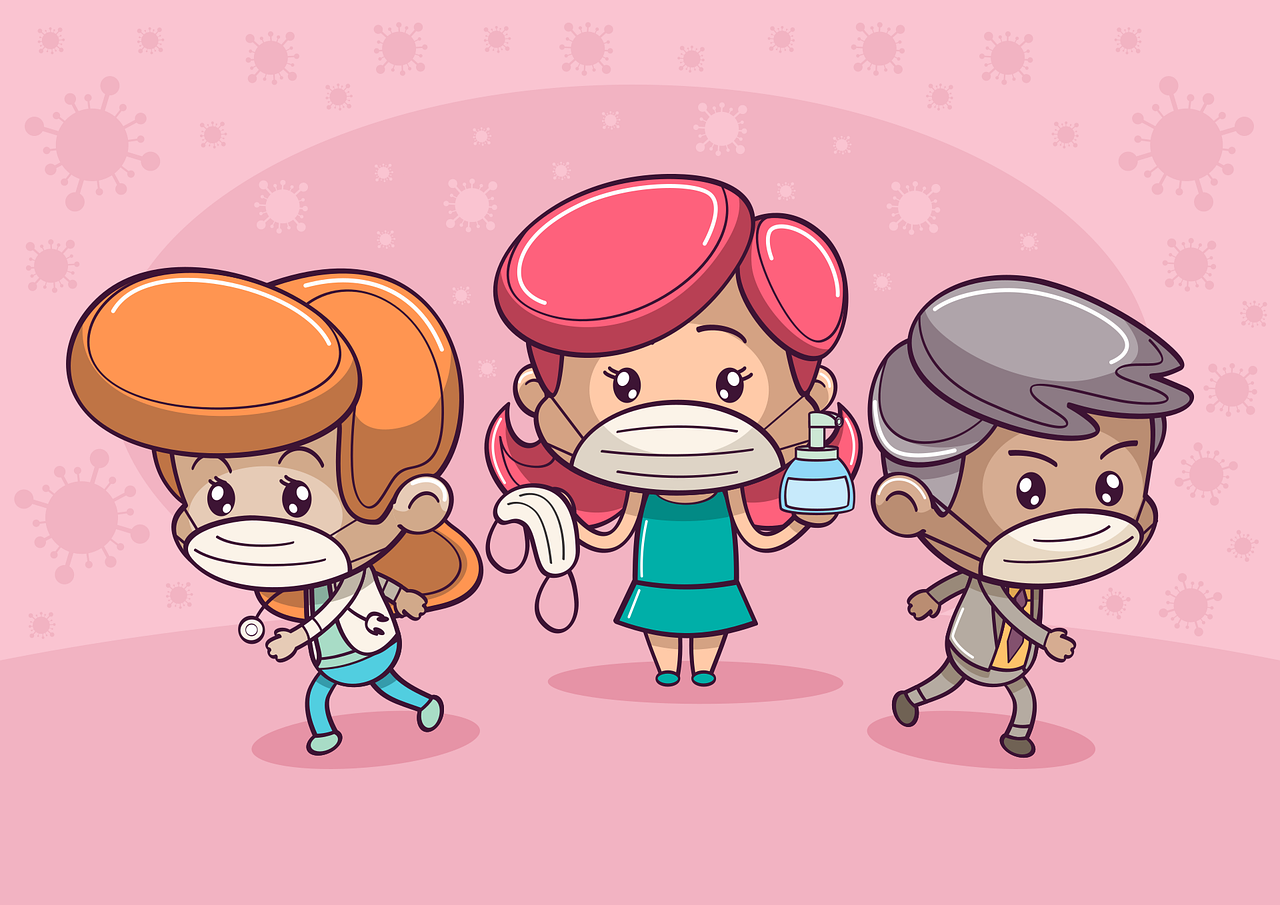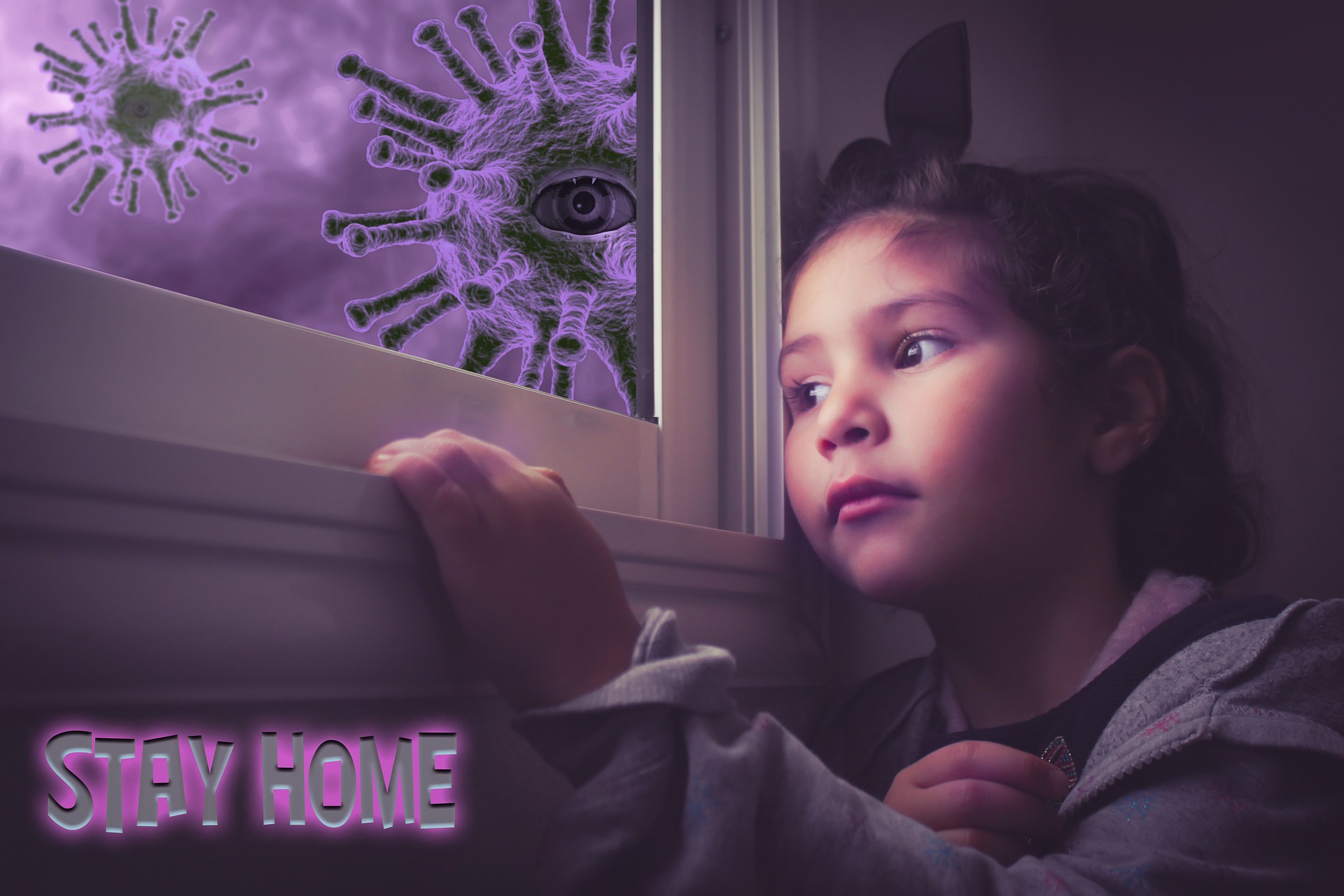COVID-19 Pandemic and Its Emotional Consequences
None of us will forget the year 2020 and all the different emotions we have experienced. So many people still suffer from feeling some form of depression, anxiety, fear, or paranoia. Then there is the other side where some people are rebelling against the COVID-19 restrictions put on us. Many of us have been overwhelmed and stressed by trying to keep our families financially and physically afloat. Believe it or not, a lot of the stress we feel is silent. Just imagine how much more stress is underneath if you are feeling stressed, to begin with.
Self Care:

Here is an exercise for you. Take 10 minutes to step back, clear your mind, and reflect on certain experiences you had in 2020. Then ask yourself, “If life was what we used to know as normal, would I have been less irritable, less edgy, more flexible, or reacted differently to something this year?” I bet you will find yourself saying, “Yes, I would have reacted differently and probably better than I did.”
Covid-19 Second Wave Uncertainty:
With the second wave of COVID-19 upon us, no one knows what to expect. Depending on what television station you watch or article you read on the Internet, you are going to get different or conflicting information. It is sad because we do not know what is factual anymore. Sometimes I think what is reported goes with the way the political wind is blowing for the week. The influence of media is entirely another subject to address at some other time.
Trapped, Stressed, and Missing the Office:
For those working from home, it was great for maybe a month but now it is another way that many of us feel trapped and socially isolated. We do not think about how much our work environment is a form of socializing. When you add a household that is typically busy and you have family members around all the time or children who are remote learning, stress levels go even higher, especially if your residence is not big enough for everyone to have their own private space to retreat to.
With winter approaching fast, the feeling of being trapped is going to get worse. People tend to become more depressed during the winter months because the cold weather leaves outside activities to be non-existent for some, and for others that typically go skiing or engage in another winter outside activities, with COVID-19 they are thinking twice about traveling to enjoy these activities.

Tips to Managing Your Mental Health During the Covid-19
COVID-19 has had divesting emotional effects. As a clinician, I am witnessing firsthand the emotional toll this has taken on many clients. Sadly, COVID-19 and the restrictions it brings are not over by any stretch of the imagination. It will be one day, but not soon. As those infected continue to rise right now and more restrictions are put into place, any emotional issues or negative reactions you have been experiencing in 2020 that you are aware, or unaware of, are about to get worse. There are things that you can do to help yourself through the upcoming months. Here are some ideas:
-
Limit your information intake from any form of media, including social media, to 30 minutes a day. When listening or reading, try to keep objective and realize that what you might be hearing or seeing be skewed.
-
Start and keep a regularly scheduled routine for self-care. The mindset that you are not showering or getting dressed daily because no one sees you are one of the worst thought patterns. You are falling into a trap that can easily lead to or enhance, depression.
-
If you are working from home, it is important to keep yourself to a routine. Work your typical workday and do not fall into a cycle of working all different hours. Treat working at home as if you went into your place of employment and when you are done for the day, you are done for the day. Now it is time for you and/or your family.
-
Whether living alone or with family, take 30 to 60 minutes a day to turn your mind off and relax. This could be exercising, going for a walk, going for a drive if it is cold out, or becoming involved in a hobby or activity that you enjoy. Try an online class for something you always wanted to learn or do. If living with other adults, encourage them to do the same. Healthy outlets reduce tension in the household.
-
Take the time each evening to keep a journal or just type into a document what you are feeling and experiencing. The thoughts don’t have to be organized because this is just for you. Even getting emotions out in this way helps. It is also something you can look back on one day and say, “wow, I didn’t realize how bad I was feeling at the time.”
-
If you feel very stressed and catch yourself being irritable or angry, walk away from a situation or at the minimum count to 20 before you react. This takes practice but you can do it! It will save the heartache from potential arguments with others and is a way to keep you grounded.
-
Here’s a trick many clients find helpful for staying calm. Imagine standing in a field of windmills, each representing a worry or stress you have. As you see a windmill stop, think of that specific worry coming to your attention. Focus on it briefly until it feels manageable, like the windmill starting again. Then, let it go and wait for the next windmill to stop. Treat each worry this way, giving it attention only when needed.
-
Seek therapy sessions. Talking to a non-judgmental clinician can be very helpful. All of the answers are inside of you, but sometimes we need someone to guide us to find them
Workshop:
One of our staff is developing a webinar on regulating emotional reactions when overwhelmed or stressed. It will be airing in February. In the meantime, check out our webinar page to see if any current topics can help with a particular issue you are having.
Theresa DeSantis, Ph.D.
Committed to helping
people who want to help themselves
